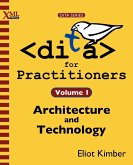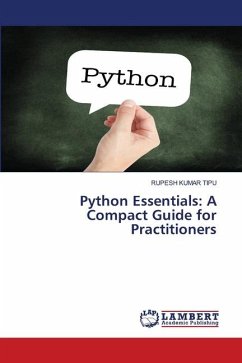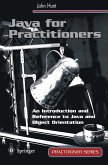In the computer science community, there is considerable debate about the appropriate sequence for introducing object-oriented concepts to novice programmers. Research into novice programming has struggled to identify the critical aspects that would provide a consistently successful approach to teaching introductory object-oriented programming. Starting from the premise that the conceptions of a task determine the type of output from the task, assisting novice programmers to become aware of what the required output should be, may lay a foundation for improving learning. This book reports the results of a phenomenographic study. Thirty one practitioners were interviewed about the ways in which they experience object-oriented programming and categories of description and critical aspects were identified. The study uncovered critical aspects that related to the way that practitioners expressed their understanding of an object-oriented program and the influences on their approach to designing programs.
Bitte wählen Sie Ihr Anliegen aus.
Rechnungen
Retourenschein anfordern
Bestellstatus
Storno








